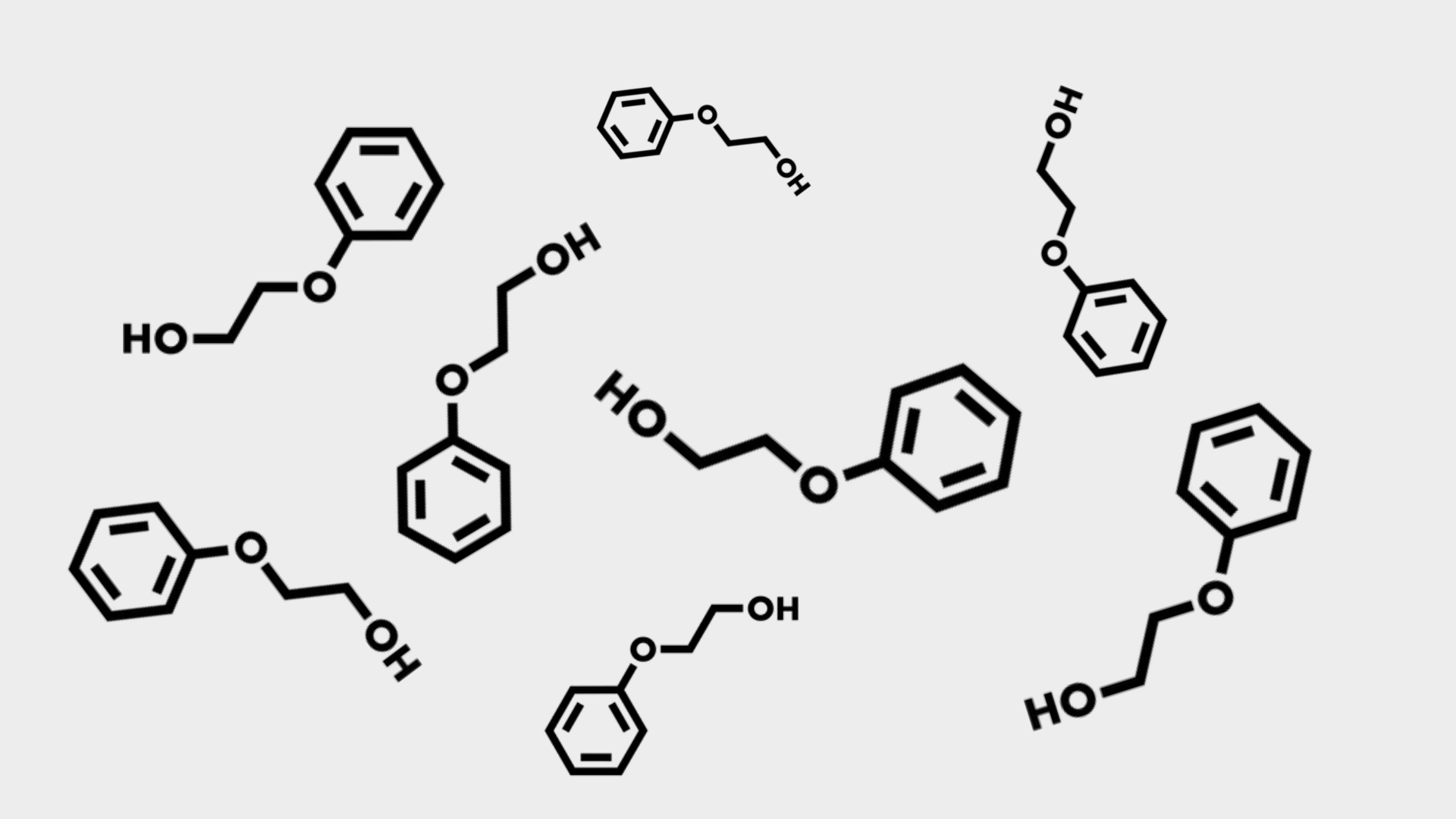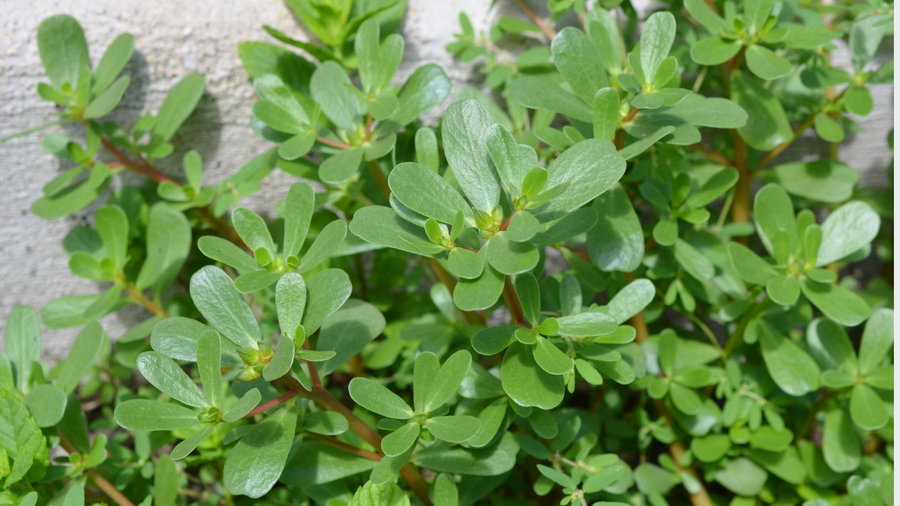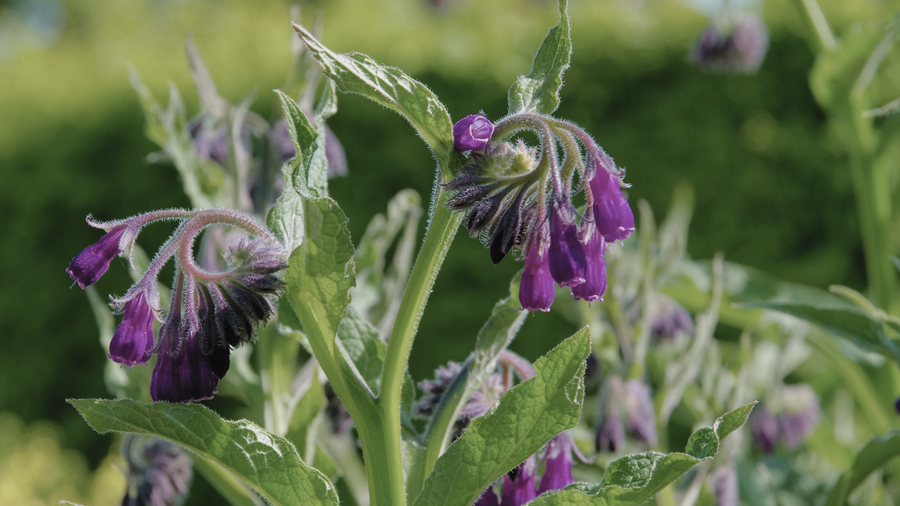If you’ve ever scanned the back of a skincare bottle and spotted phenoxyethanol, you may have asked yourself: What is this? And should I be worried about it? You’re not alone. As more people become curious about cosmetic ingredients, phenoxyethanol has gained attention as both a popular preservative and a source of concern, especially among sensitive skin users.
In this post, we’ll break down what phenoxyethanol is, why it’s used in skincare, whether it’s safe, and how GRAES approaches its use in our formulations.
What Is Phenoxyethanol?
Phenoxyethanol is a synthetic preservative used in cosmetics and personal care products to prevent the growth of bacteria, yeast, and mold. While it occurs naturally in small amounts in green tea, the phenoxyethanol used in skincare is lab-created for consistency, safety, and stability.
It’s a common alternative to parabens, and is often used in “clean” or “fragrance-free” products because it provides reliable protection without needing to include more sensitizing natural preservatives like essential oils or ferments.
Why Is Phenoxyethanol Used in Skincare?
Preservatives like phenoxyethanol are essential for keeping your skincare safe. Every time you open a jar, dip a finger into a cream, or leave a product sitting in a warm bathroom, you’re introducing the potential for microbial growth.
Phenoxyethanol:
- Extends shelf life
- Prevents bacterial and fungal contamination
- Allows formulas to stay fragrance-free and pH stable
- Doesn’t require high concentrations to be effective
Without a preservative system, your skincare could go bad long before you’ve used it up, and in some cases, even become unsafe.
Is Phenoxyethanol Safe in Skincare?
This is the big question. The answer? Yes, when used correctly.
Phenoxyethanol has been thoroughly studied and is considered safe by:
- The European Union: limited to 1% max concentration
- The Cosmetic Ingredient Review (CIR) panel: concluded it is safe up to 1%
- Health Canada and the FDA: allow use without restrictions when formulated responsibly
The concerns you may have heard about (irritation, toxicity, allergic reactions) stem mostly from studies where phenoxyethanol was used at very high concentrations, or ingested/injected, which is not how it’s used in skincare. In cosmetics, it’s typically present at 0.2%–1%.
What About Sensitive Skin?
At GRAES, we know that sensitive skin requires extra consideration, and that includes how preservatives are used.
That’s why Night C.A.P. contains phenoxyethanol at just 0.01%, a fraction of the industry-allowed maximum. This trace amount is enough to ensure microbial safety without risking irritation, even for sensitive skin.
We also formulated Night C.A.P. without:
- Fragrance
- Essential oils
- Drying alcohols
- Silicones
- Parabens
- Over 350 questionable or sensitizing ingredients
Phenoxyethanol helps us keep the formula safe without compromising our commitment to minimalist routines and gentle skincare.
What Concentration Is Considered Safe?
Most well-formulated skincare products use phenoxyethanol at 0.3% to 1%, well within global safety guidelines.
To put it into perspective:
- Night C.A.P. contains 0.01% phenoxyethanol
- That’s 10x lower than the upper safety limit
- It's used as part of a broader preservation system to ensure safety and stability in a low-irritant way
Are There Alternatives?
Yes—but they each come with tradeoffs:
| Preservative | Pros | Cons |
|---|---|---|
| Sodium Benzoate | Widely used in natural products | Less effective at higher pH |
| Potassium Sorbate | Gentle, food-safe | Not broad-spectrum on its own |
| Ethylhexylglycerin | Often paired with phenoxyethanol | Less effective as a solo preservative |
| Natural Ferments | Appeal to clean beauty crowd | Can be more irritating and less stable over time |
We choose preservative systems that are well-researched, effective in small amounts, and as non-disruptive to your skin as possible.
TL;DR
-
Phenoxyethanol is safe when used at concentrations under 1%, as approved by international health and cosmetic safety bodies.
-
It helps keep skincare products stable and free of harmful bacteria.
-
It’s often the better choice in fragrance-free or sensitive skin formulas compared to more “natural” but irritating preservatives.
-
Night C.A.P. uses just 0.01% phenoxyethanol to ensure your jar stays safe without compromising your skin barrier.
Final Thoughts
At GRAES, we don’t believe in fear-based marketing or greenwashing. We believe in transparency, science-backed decisions, and formulating products that work with your skin, not against it.
If you’re trying to avoid irritation, reduce your routine to the essentials, and feel confident in the ingredients you're using, we’ve got you.









